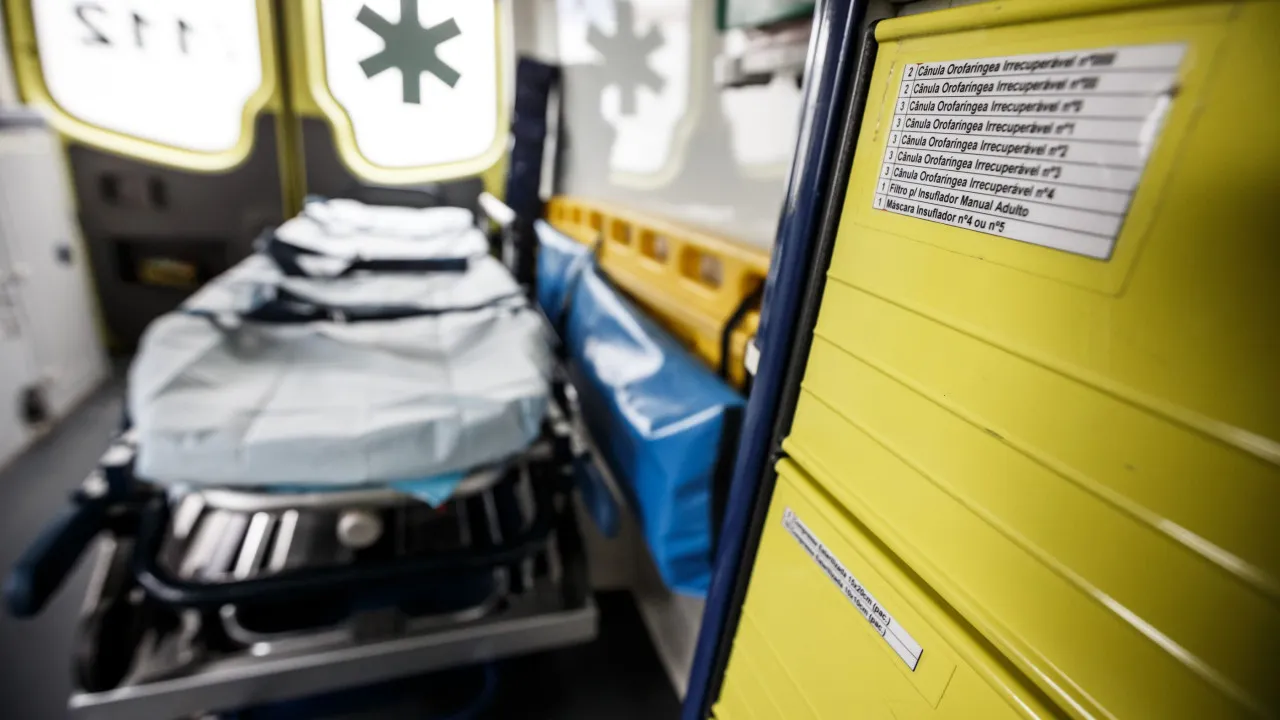
In a statement, the association highlighted that the development of an effective medical emergency service “has faced various institutional blockages” from the two orders, which have claimed “that certain practices are specific acts of their professions.”
Amid the “critical situation” in the Setúbal Peninsula, where two ambulances allocated for transporting pregnant women have personnel with “insufficient and inadequate training” to ensure critical emergency medical care, “the absolute silence” of the professional orders is staggering, noted ANTEM.
“Where is the defense of the specific acts in this case?” questioned the association, which further asks why the medical and nursing orders do not show the “same concern when care is provided by professionals without basic clinical training or adequate technical qualification for the complexity of many emerging situations.”
“ANTEM reaffirms that building a modern, safe, and effective medical emergency service requires qualified professionals, robust education and training, clear competence definitions, and a patient-centered integrated approach rather than the defense of corporations,” the statement emphasizes, considering the “silence of the orders deafening and, in this case, compromising.”
The issue involves two new ambulances that have strengthened the response to obstetric emergencies on the south bank of the Tagus since last week, aiming to ensure safety and quick assistance to pregnant women during the summer.
These rescue units, operating until September 30, are concentrated in hospitals with closed obstetric emergencies on the south bank, operating on a rotational basis between the hospitals of Almada, Barreiro, and Setúbal, explained the Portuguese Firefighters League.
Recently, the Minister of Health announced that the Garcia de Orta Hospital in Almada will have its obstetric emergency department open 24 hours a day starting in September, with additional doctors from the private sector who will join the National Health Service.
Ana Paula Martins acknowledged that the Setúbal Peninsula is the “most critical area” in the gynecology and obstetrics response, admitting it will take “some time to stabilize” healthcare in this specialty in the region.
One solution may involve creating regional emergency services, as outlined in the Government’s program, which will consist of shared teams between hospitals, prioritizing the “most critical specialties” in terms of human resources, such as obstetrics and pediatrics.
According to the minister, creating regional emergencies requires specific decrees, which will need to be negotiated in September with the unions, stating that the Government cannot proceed with the measure without negotiating the new work organization.




